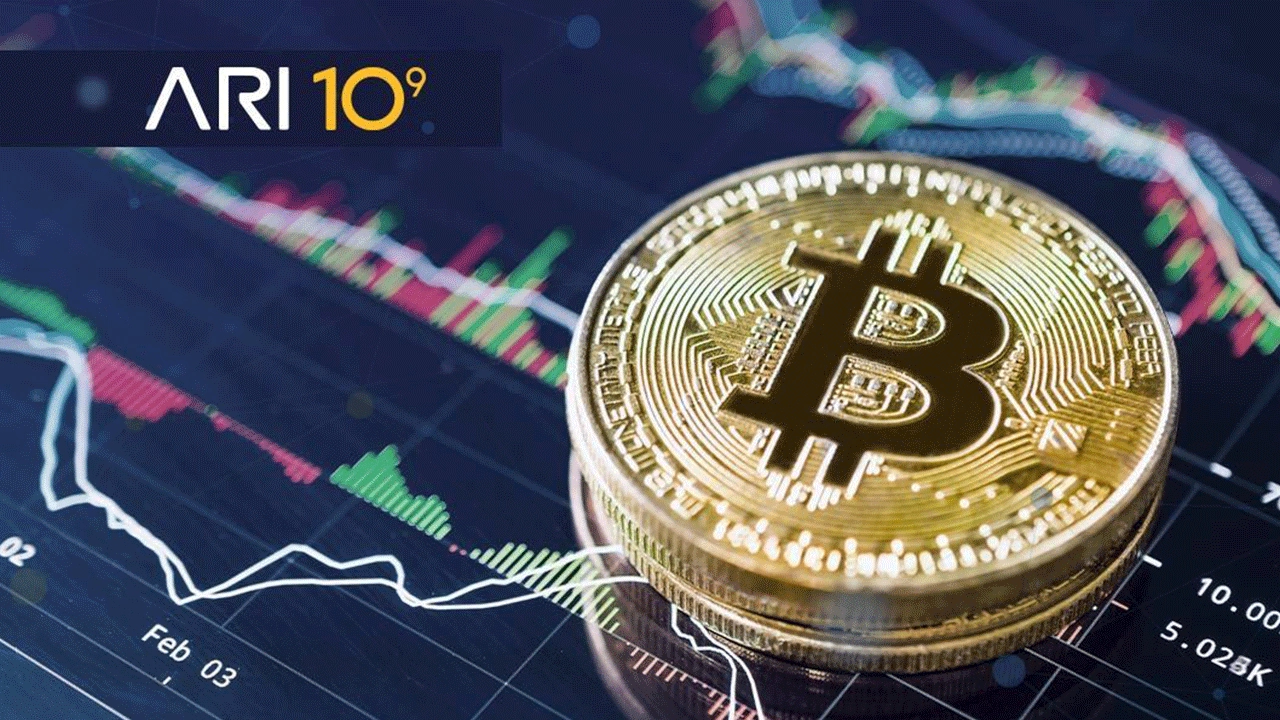The year 2024 brought dynamic shifts in digital assets, becoming a potential turning point in the history of the industry.

Bitcoin experienced substantial appreciation, reaching a level of USD 94,000 by the end of December 2024, representing a 113% year-over-year increase.
A key driver of this growth was the halving event in April 2024, which resulted in a 50% reduction in the block mining reward, thereby limiting the supply of newly issued units entering circulation.
A significant factor influencing Bitcoin’s valuation was the U.S. presidential election held in November 2024. The victory of Donald Trump, who pledged support for the blockchain sector through favorable regulatory measures, contributed to market gains despite his presidential term commencing only in January 2025.
Trump announced plans to establish a strategic Bitcoin reserve, a move that could potentially stimulate institutional demand and reinforce the perception of the cryptocurrency as a digital counterpart to gold.
Bitcoin is also increasingly becoming a topic within political discourse. In addition to Trump, pro-cryptocurrency narratives are being advanced by Sławomir Mentzen in Poland and Christian Lindner, former German Finance Minister and leader of the Free Democratic Party (FDP).
The year 2024 witnessed a notable increase in institutional interest. January saw the launch of Bitcoin-based exchange-traded funds (ETFs), followed by the introduction of Ethereum-focused funds. These products provide major institutional entities with streamlined exposure to the cryptocurrency market. This trend is expected to continue into 2025.
Despite the overall upward trend, the market exhibited considerable volatility. In the fourth quarter of 2024, a price correction was observed, representing a natural response to the rapid gains following Trump’s electoral victory.
The year 2024 was marked by significant technological advancements in blockchain. Layer 2 solutions played a particularly important role, enhancing performance and reducing the operational costs of blockchain networks. Early signs of a revitalization in the decentralized finance (DeFi) sector were also observed.
The year 2024 marked a period of dynamic growth in the cryptocurrency sector, with key developments shaping the industry's future trajectory. Despite challenges related to market volatility, the sector continues to expand, attracting interest from both individual and institutional investors.
Cryptocurrencies are volatile and risky. Invest responsibly.
Cryptocurrency asset prices are significantly more susceptible to sharp fluctuations than traditional financial instruments. High price volatility may result in sudden losses and unpredictable outcomes. Trading in crypto assets involves a substantial risk of capital loss.
This material does not constitute investment advice, personal recommendation, an offer, or solicitation to buy or sell crypto assets. Any references to past or projected performance of a particular crypto asset, index, or investment product are not, and should not be regarded as, reliable indicators of future results.

.webp)
